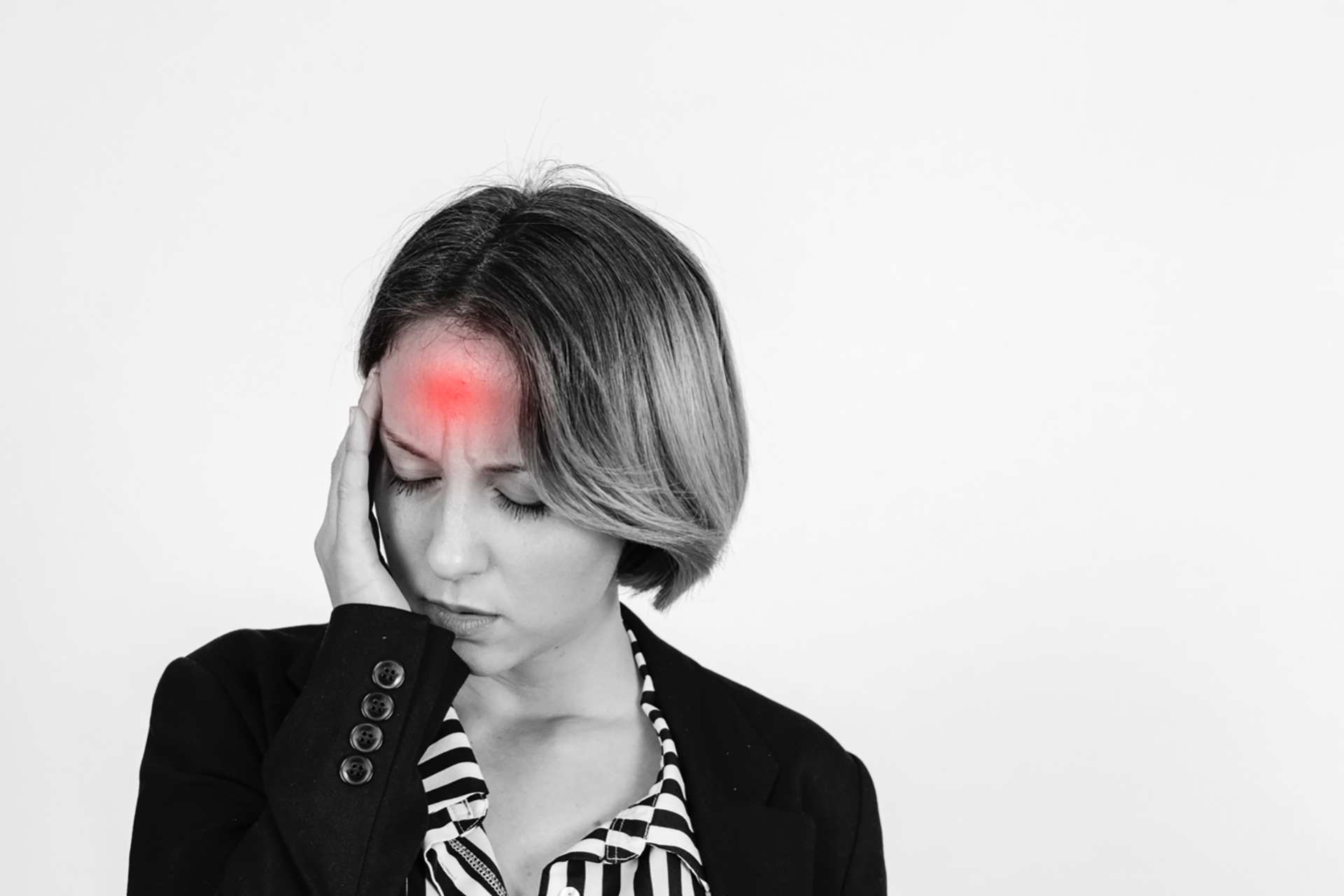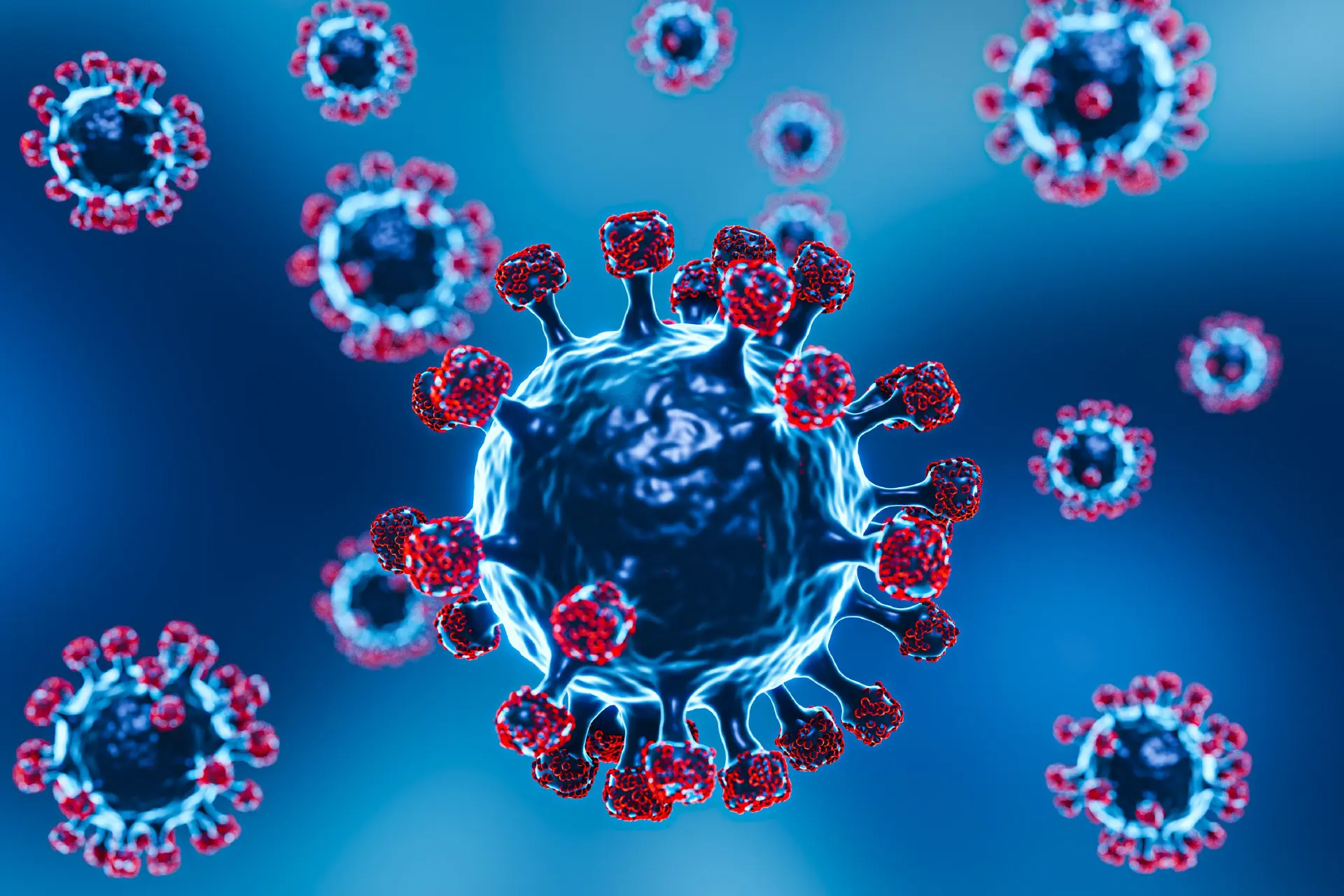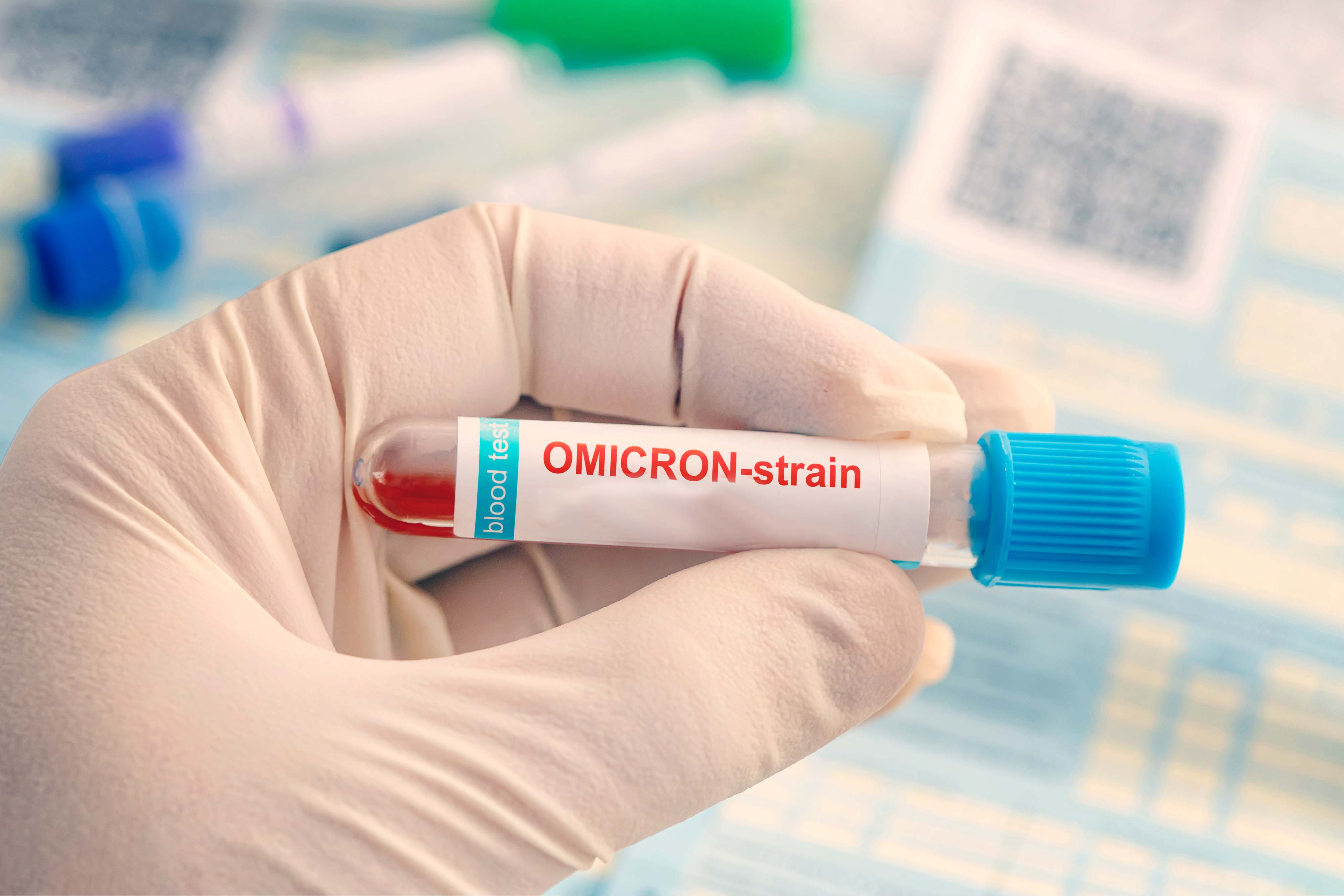Covid | 4 min read
POTS and COVID-19: What is it and how is it linked to coronavirus?
Medically reviewed by
Table of Content
Key Takeaways
- Brain fog, headaches, and chronic fatigue are POTS symptoms
- POTS syndrome affects functions of the involuntary nervous system
- The research to find out POTS and COVID-19 link is still ongoing
Although a majority of COVID-19 patients recover, some people experience long-term symptoms. COVID-19 can affect a person's physical, cognitive as well as psychological functions [1]. COVID-19 may also trigger postural orthostatic tachycardia syndrome (POTS) as part of the long-haul COVID-19 symptoms. POTS syndrome affects heart rate, blood pressure, and other involuntary functions of the nervous system when you stand from a sitting or sleeping position.
A study discovered that POTS and other autonomic disorders can occur after COVID-19 infection in previously healthy non-hospitalized patients experiencing neurological and cardiovascular symptoms [2]. COVID-19 patients can also experience long-haul symptoms like dizziness and rapid heart rate upon standing that could indicate POTS [3].
Read on to know what is POTS and the link between POTS syndrome and COVID-19.
What is POTS?
POTS is an autonomic disorder where most of your blood is retained in the lower part of the body when you stand from a reclining position. This leads to a jump in the heart rate which can increase by at least 30 beats per minute. It is a result of the autonomic nervous system failing to control the heart rate and blood pressure. POTS can make a person feel lightheaded and dizzy, or faint.
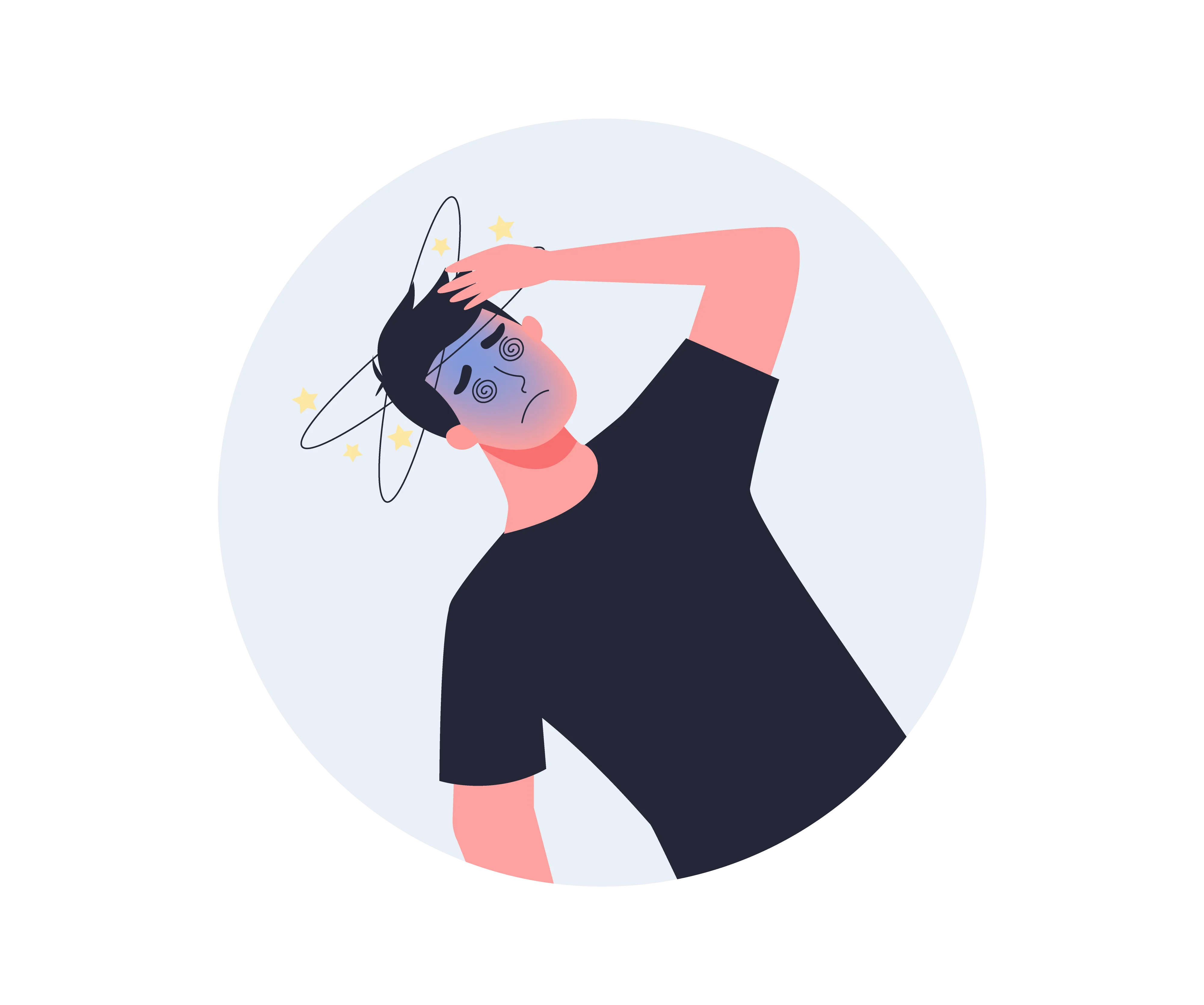 Additional Read: Evusheld: COVID-19 Therapy
Additional Read: Evusheld: COVID-19 TherapyPOTS and COVID-19: The link
Several conditions like surgery and viral or bacterial infections can trigger POTS. However, an increasing number of people who recovered from COVID-19 are experiencing POTS-like symptoms. These include tachycardia, brain fog, chronic fatigue, headaches, nausea, and vomiting.
The similarities between symptoms have made some researchers believe that coronavirus may trigger POTS. The research on whether people with severe COVID-19 are more likely to get POTS is still ongoing. However, there have been cases of people with mild COVID-19 symptoms who reported the development of POTS.
POTS symptoms
Here are some common POTS symptoms that may occur if you have the condition:
- Bloating
- Fainting
- Insomnia
- Sickness
- Dizziness
- Brain fog
- Chest pain Headaches
- Blurred vision
- Stomach pain
- Breathlessness
- Light-headedness
- Extreme tiredness
- Heart palpitations
- Fatigue or weakness
- Nausea and vomiting
- Sweating and shaking
- Diarrhea or constipation
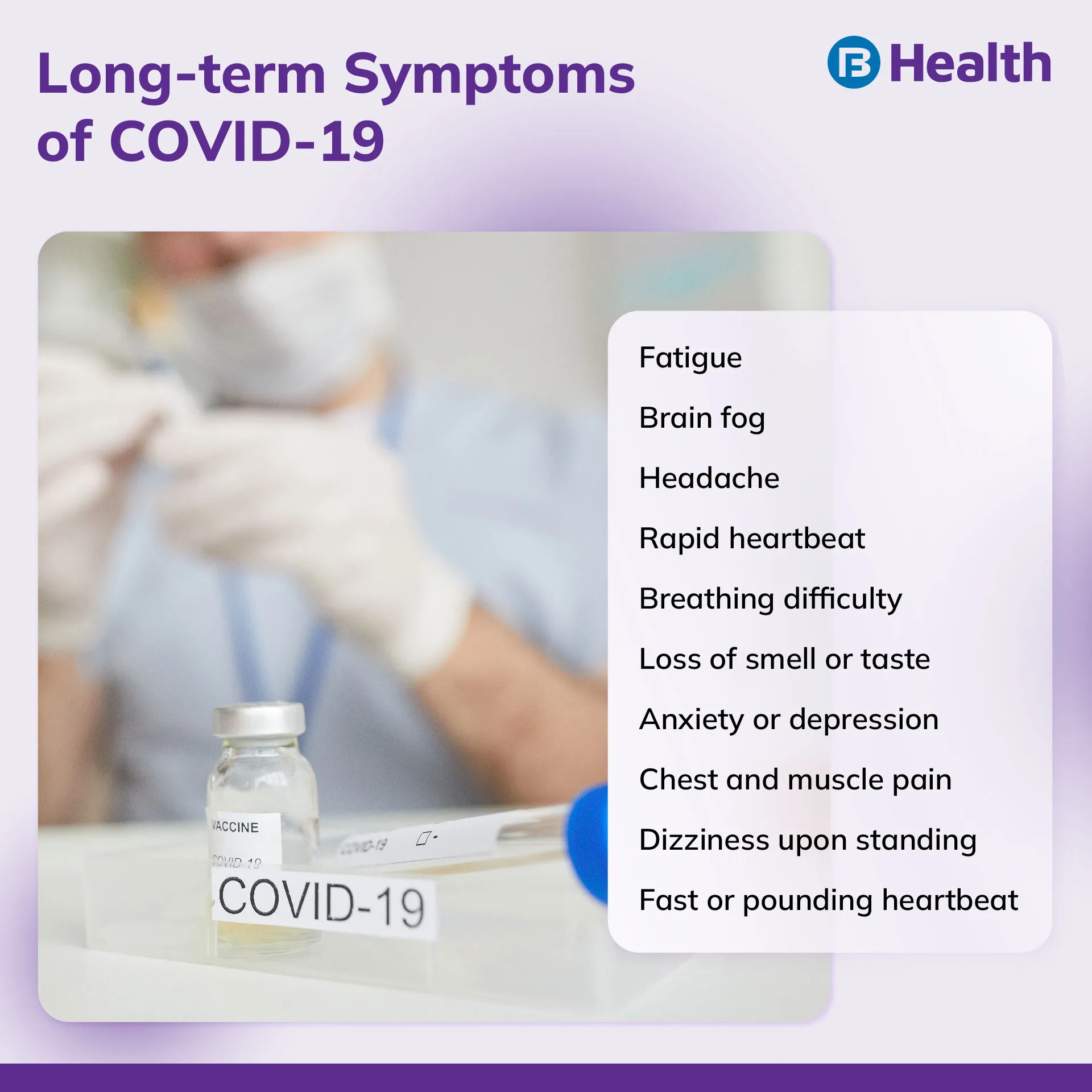
POTS and COVID risk factors
It seems that any person who recovered from COVID-19 can get POTS irrespective of the severity of the symptoms it causes. However, certain things may increase your risk of developing post-COVID POTS. These may include a history of some pre-COVID conditions such as concussion, dizziness, palpitations, and light-headedness.
Apart from these, an autoimmune condition is also said to contribute to POTS. Autoimmune markers from rheumatoid arthritis, thyroid, and celiac disease are usually higher in people with POTS. They are also linked to signs of heart inflammation.
Diagnosis of POTS syndrome
First, make sure to talk to your doctor if you experience any POTS-like symptoms. Doctors will analyze them and check whether they can rule out other conditions. For instance, COVID-19 can lead to blood clots and scar in the lungs. These conditions can also cause similar symptoms to POTS. Understanding these will help your doctor prescribe suitable treatments. If all the other complications are ruled out, your doctor may suggest that you consult a specialist who can diagnose POTS.
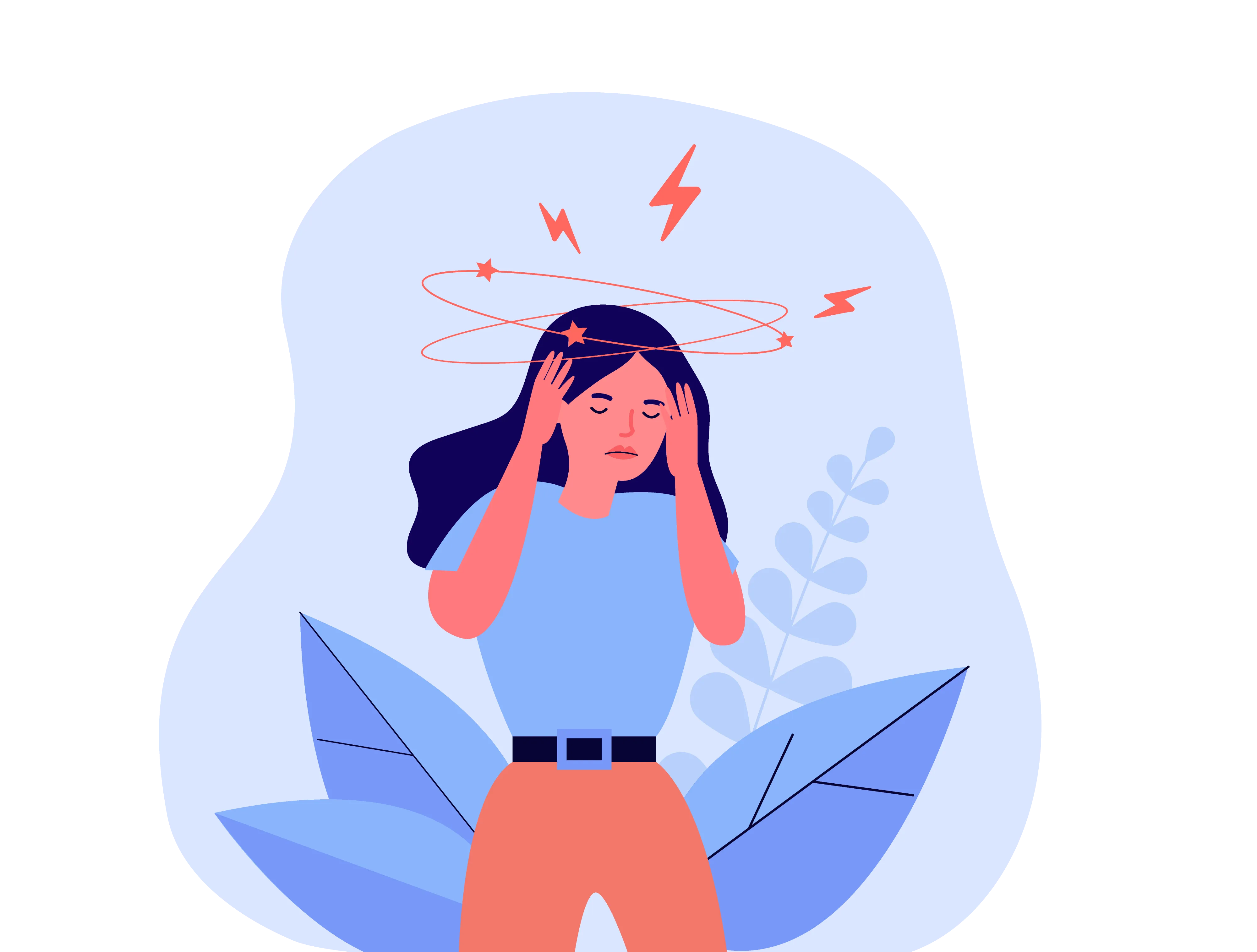
How to treat POTS after COVID-19?
Initially, when you experience symptoms like dizziness or light-headedness, sit down immediately. Then, get up gradually when you feel okay or ask for help. Tell your doctor about the symptoms.
Does POTS go away after COVID-19? It depends on your health conditions. Although there is no standard treatment for post-COVID POTS, personalized treatment depends on your age, symptoms, and health in general. Based on the diagnosis, doctors may ask you to stay more hydrated, and make dietary changes such as adding salt to your diet.
They may also prescribe certain medications such as:
- SSRIs and SNRIs [4]
- Medications for anxiety
- Vitamins and supplements
- Medications for headache or nerve pain
- Midodrine or fludrocortisone to control blood pressure
- Beta-blockers or calcium channel blockers to control heart rate
Immunotherapy can be a possible treatment option too, but research is still ongoing.
Additional Read: New Omicron Sub-Variant BA.2If you have recently recovered from COVID-19 and have symptoms of POTS syndrome, consult your doctor immediately. Get vaccinated against COVID-19 to protect yourself and those around you from the coronavirus. Book a vaccination slot using the vaccine finder on Bajaj Finserv Health. You can also consult online with doctors of your choice on Bajaj Finserv Health and get answers to your health queries in minutes!
References
Disclaimer
Please note that this article is solely meant for informational purposes and Bajaj Finserv Health Limited (“BFHL”) does not shoulder any responsibility of the views/advice/information expressed/given by the writer/reviewer/originator. This article should not be considered as a substitute for any medical advice, diagnosis or treatment. Always consult with your trusted physician/qualified healthcare professional to evaluate your medical condition. The above article has been reviewed by a qualified doctor and BFHL is not responsible for any damages for any information or services provided by any third party.

